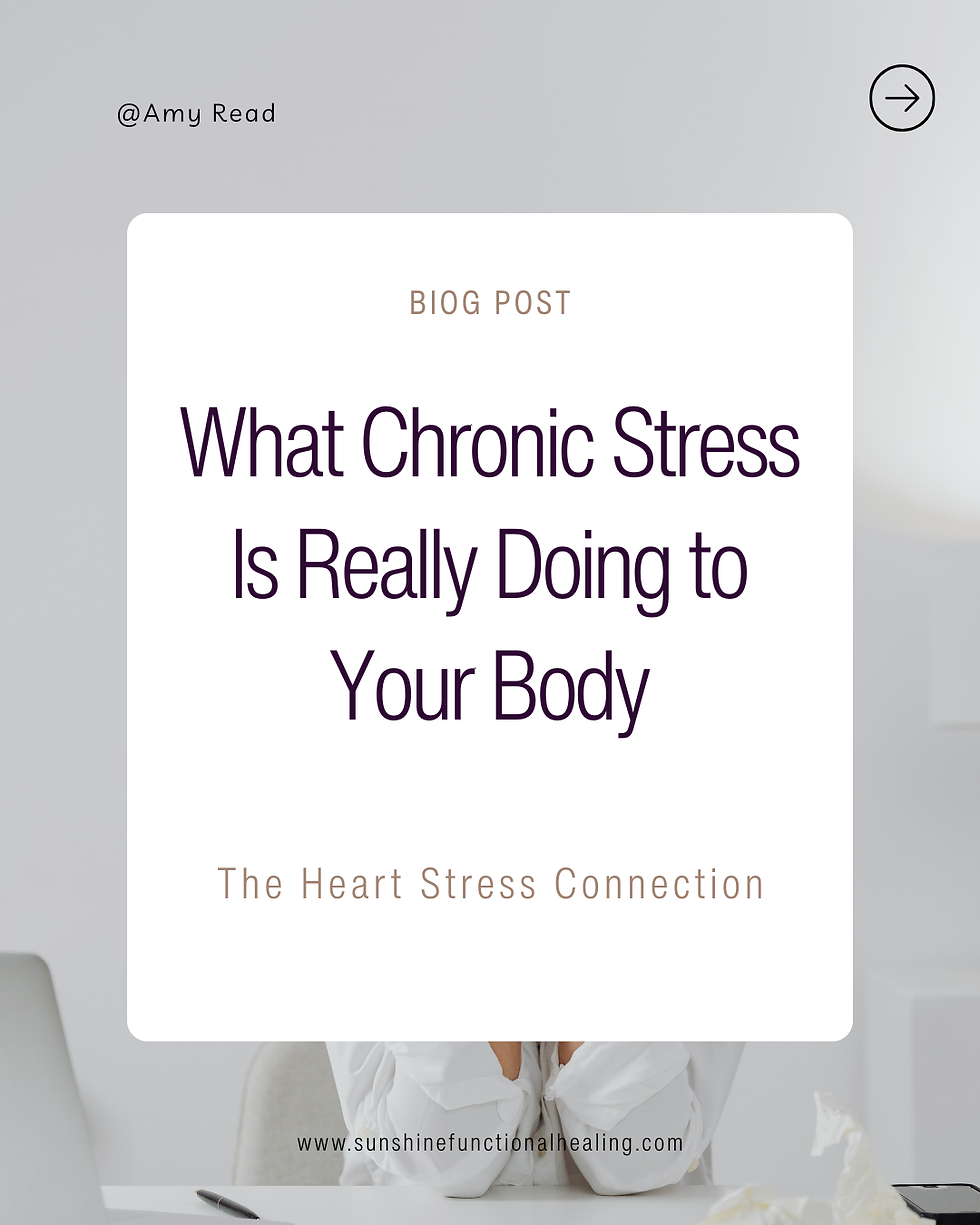How ADHD Affects Sleep and What You Can Do About It.
- Daniela Greene
- Jul 9, 2025
- 2 min read
Updated: Oct 31, 2025

Why ADHD and Sleep Struggles Are Linked
ADHD is typically known for symptoms like inattention, hyperactivity, and impulsivity, but it also significantly impacts sleep. Studies show that up to 75% of children and adults with ADHD experience sleep difficulties. These range from trouble falling asleep and frequent awakenings to morning grogginess. The relationship goes both ways, poor sleep intensifies ADHD symptoms, and ADHD traits make it harder to get consistent, restful sleep.
The causes are varied. Some are biological, linked to brain chemistry, while others are behavioral, stemming from time management challenges, hyperactivity, and disrupted routines. Medications used to manage ADHD can also affect sleep, either positively or negatively, depending on timing and individual response.
The Brain Chemistry Behind It
Neurotransmitters like dopamine and norepinephrine, which play a central role in ADHD, also regulate sleep and wake cycles. Imbalances in these chemicals affect both attention and the ability to relax at bedtime. Another factor is melatonin, the hormone that signals the body it’s time to sleep. People with ADHD often have delayed melatonin release, making them feel more alert in the evening and making early bedtimes difficult. This shift in circadian rhythm leads to common "night owl" patterns among those with ADHD.
Dysregulation in brain circuits that control arousal can also keep the mind or body restless at night, resulting in shallow, fragmented sleep and increased daytime fatigue.
Common Sleep Disorders in ADHD
Those with ADHD are more likely to face specific sleep disorders such as:
Insomnia, driven by racing thoughts or late-night energy
Circadian rhythm disorders, like delayed sleep phase syndrome
Sleep apnea or chronic snoring, which disrupt deep sleep
Restless Legs Syndrome (RLS), causing an urge to move the legs at night
Narcolepsy, though rare, adds sudden daytime sleep attacks to the mix
These overlapping sleep problems worsen attention, mood, and energy, making ADHD symptoms harder to manage.
Behavioral and Medication Challenges
ADHD behaviors like hyperfocus, impulsivity, and time blindness contribute to bedtime struggles. Many lose track of time in stimulating activities, delaying sleep. Evening routines are often disrupted by racing thoughts or difficulty winding down. Stimulant medications, while helpful during the day, can sometimes interfere with sleep, especially if taken too late. Finding the right medication schedule is crucial for balancing focus and sleep quality.
Steps Toward Better Sleep
Sleep hygiene is a powerful tool for improving rest with ADHD. Consistent wake times, reduced caffeine, screen-free evenings, calming pre-bed routines, and optimizing the sleep

environment all help. In more severe cases, sleep studies, cognitive behavioral therapy for insomnia (CBT-I), or medication adjustments may be needed.
Improving sleep with ADHD takes patience, routine-building, and self-awareness, but even small changes can lead to better rest, sharper focus, and improved well-being over time.







Comments